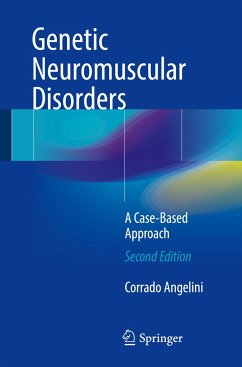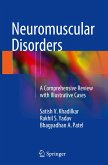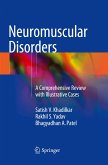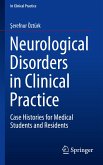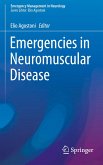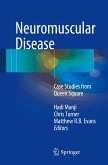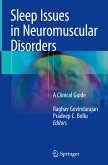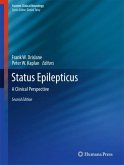This updated and expanded new edition of a successful book describes genetic diagnostic entities of neuromuscular disorders. Neuromuscular syndromes are presented clinically either as a case study or as an overview from the literature, accompanied by text presenting molecular defects, and differential diagnosis.
This collection of neuromuscular disorders features the differential clinical phenotypes related to each genotype and are representative of the whole spectrum of a genetic muscle disorder, helping the clinician and neuromuscular physician to make a diagnosis. Key points for each genetic disease are identified to suggest treatment, when available, or the main clinical exams useful in follow-up of patients.
Genetic Neuromuscular Disorders: A Case-Based Approach is aimed at neuromuscular physicians and neurology residents.
This collection of neuromuscular disorders features the differential clinical phenotypes related to each genotype and are representative of the whole spectrum of a genetic muscle disorder, helping the clinician and neuromuscular physician to make a diagnosis. Key points for each genetic disease are identified to suggest treatment, when available, or the main clinical exams useful in follow-up of patients.
Genetic Neuromuscular Disorders: A Case-Based Approach is aimed at neuromuscular physicians and neurology residents.

